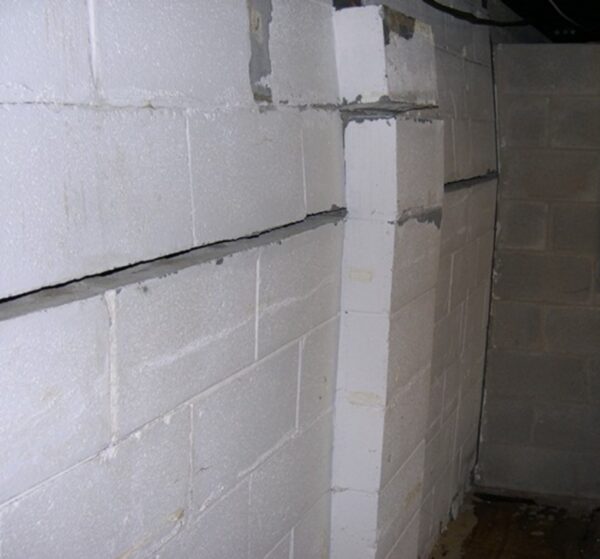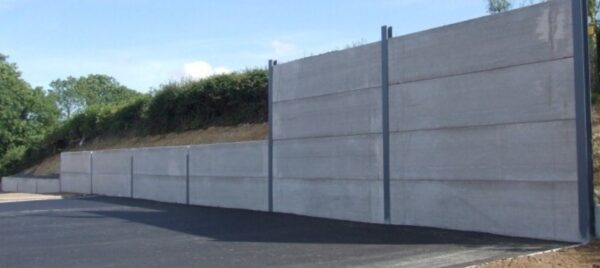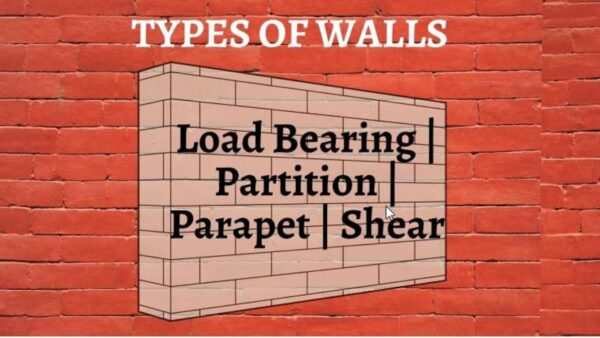7 Causes and Fixes of Foundation Failures
Foundation failure is a critical issue that can lead to severe consequences. A foundation issue can compromise the stability and safety of an entire structure, making it crucial to understand the causes of the foundation’s failure and take appropriate remedial measures. One of the most likely failures for a footing is settlement, which occurs when…




